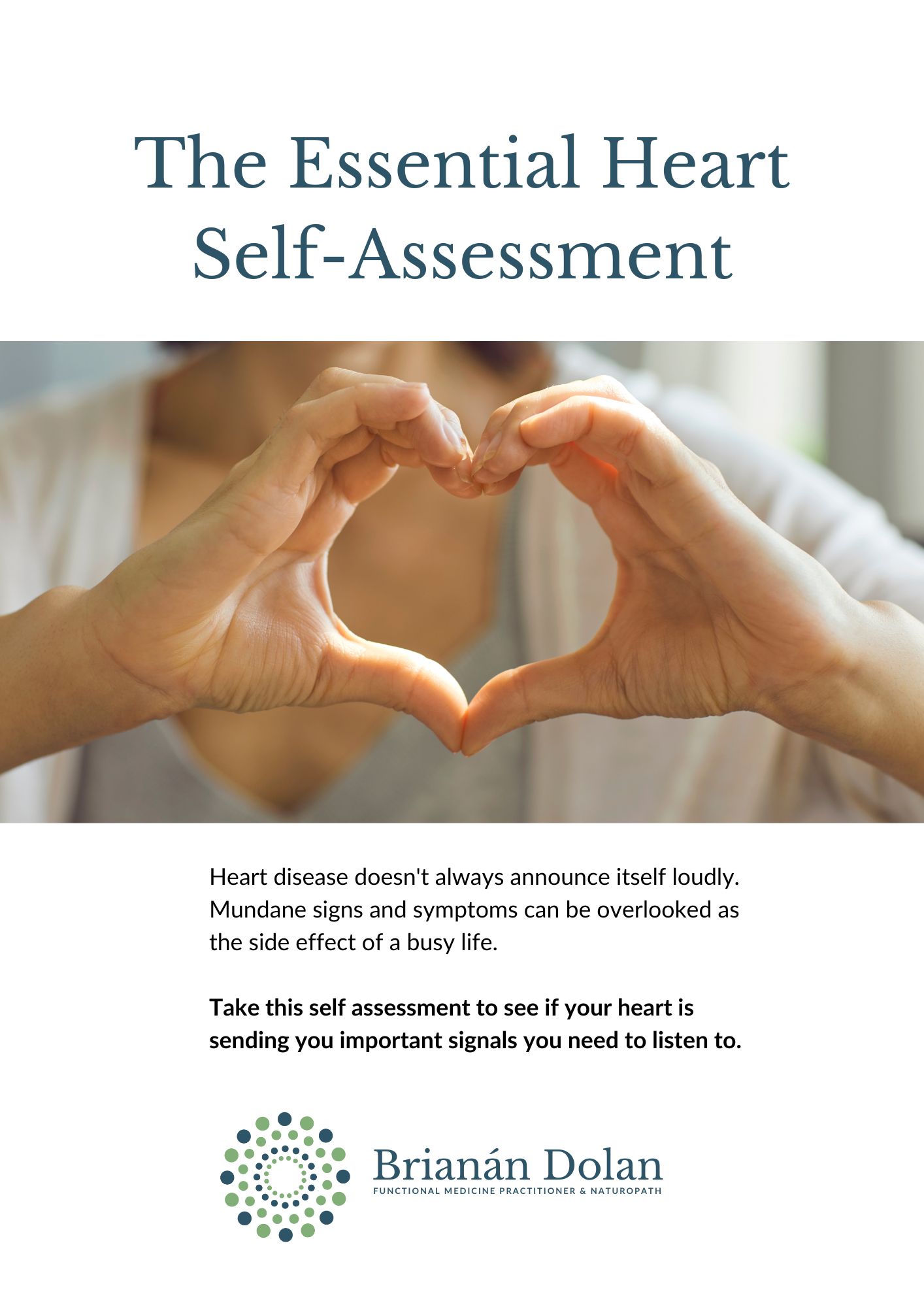Often dismissed as an aesthetic characteristic, love handles or the infamous “Muffin top” are your body’s way of flagging a potential health issue.
“Love handles” is a term that refers to the excess fat accumulating on the sides of the waist, often accompanied by belly fat, extending slightly above the hips.
Love handles are very common and are only an issue if your overall waist circumference is greater than 102 centimeters for men and 88 centimeters for women. If your waistline measurements are above this, it signals a potential health issue. *
This seemingly harmless fat can wreak havoc on our overall health, impacting brain chemistry, mood, and appetite. In this post, we’ll delve into the critical importance of understanding and addressing belly fat, exploring its connections to illnesses, and hormonal disruptions.
The Inflammatory Culprit
Belly fat is not just a passive accumulation of excess weight; it’s a dynamic tissue that actively produces inflammatory chemicals. This inflammation, often overlooked, can have far-reaching consequences on our well-being. The connection between belly fat and chronic illnesses such as heart disease, diabetes, and liver issues should not be ignored. The inflammatory nature of this fat disrupts the balance of hormones, setting the stage for a number of health problems.
Impact on Mental and Emotional Well-being
Surprisingly, the effects of belly fat extend beyond the physical. Research has shown a correlation between abdominal fat and alterations in brain chemistry, leading to mood disturbances. Individuals carrying excess belly fat may experience fluctuations in mood and, unfortunately, an increase in appetite.
That’s the real kicker! Excess fat actually MAKES YOU FEEL HUNGRY! Which creates a vicious cycle, making it very difficult to get out of potentially unhealthy eating habits.
The Gendered Effects
Belly fat does not discriminate based on gender, but its effects may present differently.
In men, an accumulation of abdominal fat may contribute to the development of what is colloquially referred to as “man boobs.” This phenomenon is a sure sign of hormonal disruptions associated with excess belly fat.
On the other hand, women may experience issues such as hair loss on their head and facial acne, shedding light on the diverse ways belly fat can impact different individuals.
Root Causes of Belly Fat
Why are so many people grappling with excess belly fat these days?
Sedentary lifestyles
Simply put, prolonged sitting is very bad for you! I’ve said it before and I’ll say it again “Sitting is the new smoking.”
Carbs and Liquid Sugar
Dietary habits contribute to the growing prevalence of belly fat. A diet rich in high-carbohydrate foods and the omnipresence of liquid sugar in our daily lives contribute to the spike in blood sugar levels. Fruit juices, energy drinks, and supposedly healthy nut milks can be silent culprits in this regard. Understanding the impact of our dietary choices is crucial in addressing the root causes of excess belly fat.
Belly fat can wreak havoc on our overall health. From influencing mental and emotional well-being to setting the stage for chronic illnesses.
Don’t turn a blind eye to your belly fat. If you’re concerned about its impact on your well-being, it’s time to proactive steps. Click here to book a quick chat and we’ll explore ways to investigate and address this pressing health issue. Your body will thank you for it.
*These measurements serve as general guidelines and may not capture the full range of body types across various ethnicities. Individual health considerations, including body fat distribution, can vary significantly. It’s crucial to approach such measurements with cultural sensitivity and awareness. Always seek personalized health assessments and advice from healthcare professionals.





